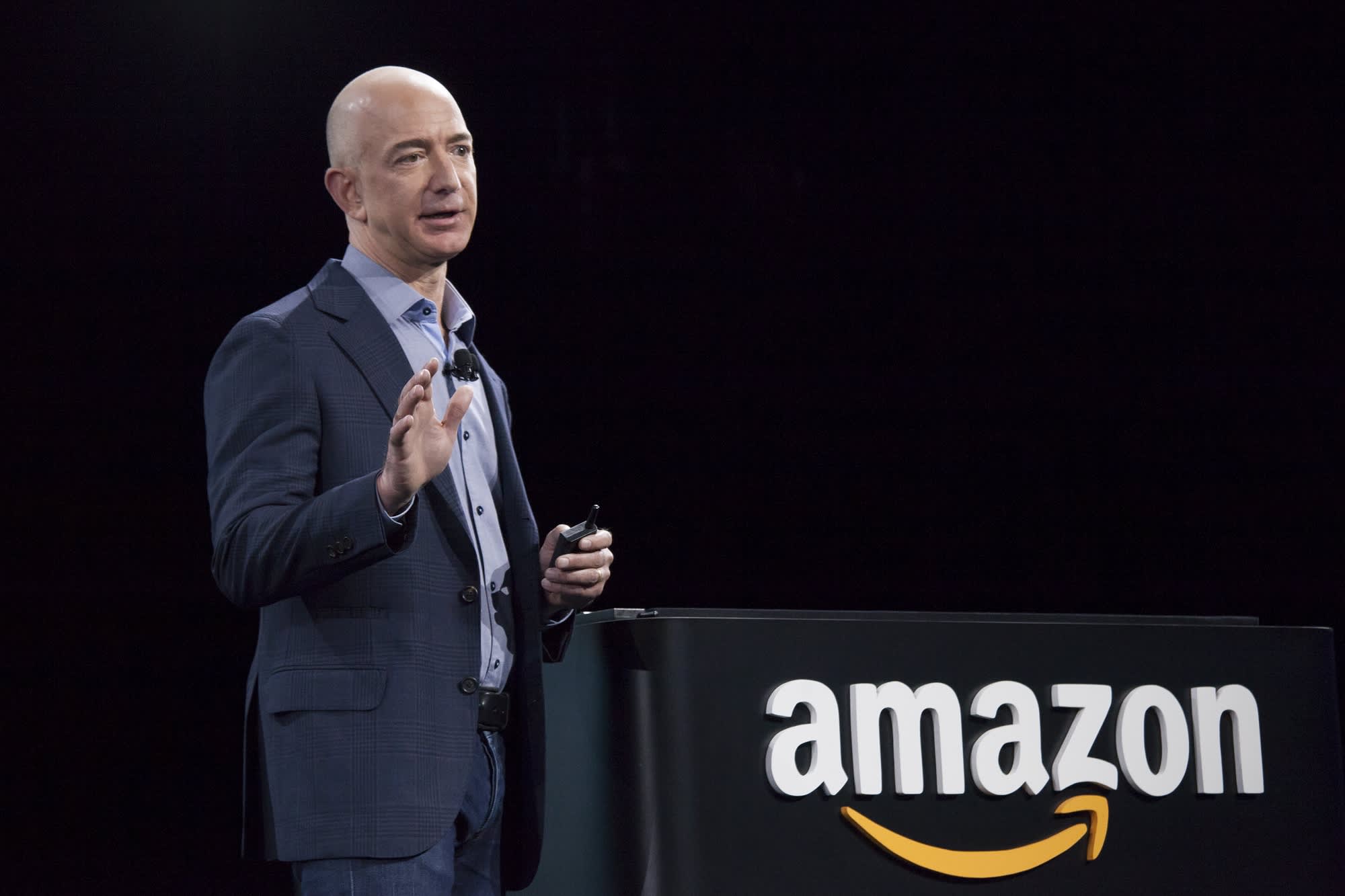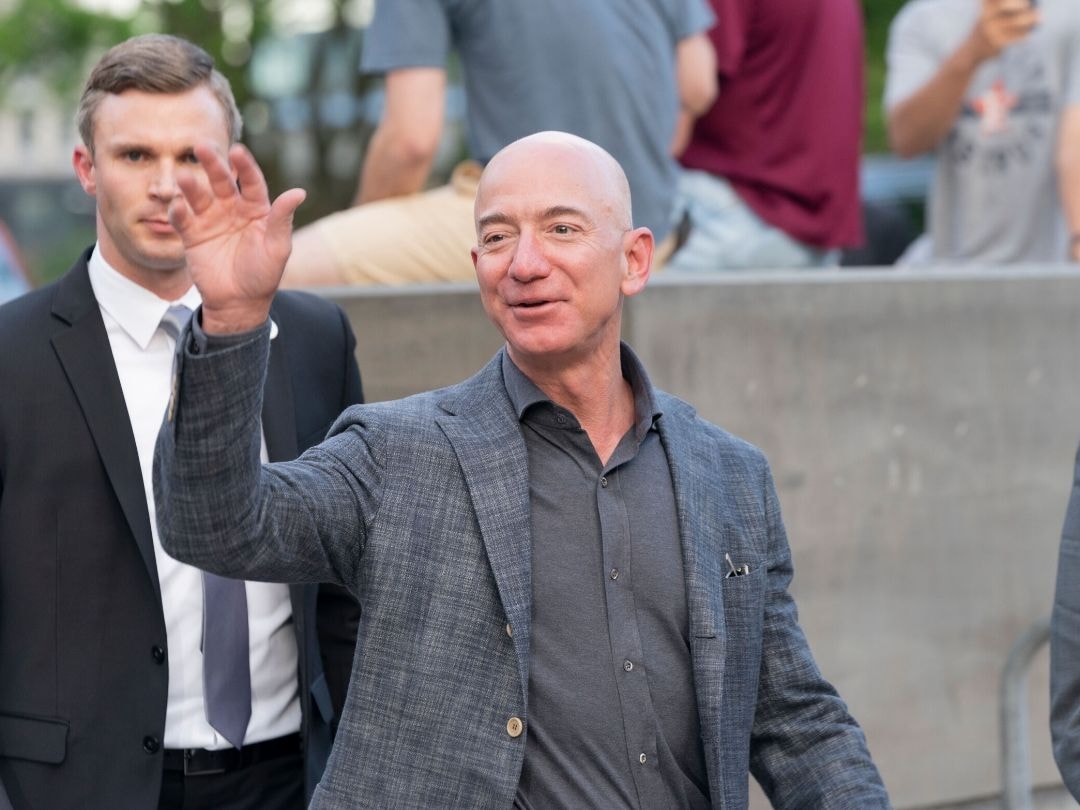
In a controversial move that has sent shockwaves through the journalism world, The Washington Post announced yet another buyout program targeting its veteran staffers and several key departments.
The latest round of layoffs, officially termed a Voluntary Separation Program (VSP), is expected to drastically reshape the newsroom, stirring unrest among employees and raising serious questions about the paper’s future under billionaire owner Jeff Bezos.
Washington Post executive editor Matt Murray delivered the grim news in a memo to staff obtained by Fox News Digital, emphasizing that the VSP would affect employees with ten or more years at the paper, as well as members of the video team, the copy desk, and the sports copy desk.
The initiative is part of the Post’s broader "ongoing newsroom transformation efforts," aimed at adapting to the shifting media landscape and new technology-driven consumption habits.
“Like the rest of our industry, we are adapting to changing habits and new technologies that are transforming news experiences,” Murray wrote. He further noted that the paper has been welcoming new colleagues and creating fresh departments to reach diverse audiences.
Still, he stressed the need for "increased staffing flexibility" and an expansion into audience data and social video to compete in the digital age.
The memo also expressed somber recognition of the painful consequences of the buyouts. “With the VSP, we will no doubt see valued colleagues and friends decide to leave The Post,” Murray lamented, calling on remaining staff to stay focused on producing “strong, rigorous and independent journalism” despite the upheaval.

While the buyout program officially closes at the end of July, the impact is already palpable inside the newsroom. Sources familiar with the matter described this latest round as “less discerning” than prior waves of layoffs, noting the wide scope and blunt approach to staff reductions.
“Copy editors are always targets,” one insider told Fox News Digital, “but this time it seems less about who stays or goes — it’s about cutting numbers, period.”
According to documents reviewed by Fox News Digital, the buyout packages are generous in monetary terms but reveal the scale of the exodus expected.
Staffers with 10 to 15 years of service are offered nine months’ base pay, increasing up to 18 months for those with over 25 years at the paper. All are entitled to an additional 12 months of pay credit into their Separate Retirement Account (SRA).
The Washington Post’s longstanding reputation as a bastion of investigative journalism and political reporting now hangs in the balance as it faces what some insiders describe as a "rudderless" period of layoffs, low morale, and mass talent departures.
These developments coincide with a critical moment in American politics, as the paper navigates covering a contentious presidential cycle leading into a possible second term for Donald Trump.
Under Bezos’s ownership, The Washington Post has encountered increasing scrutiny both inside and outside its walls. The billionaire Amazon founder’s management style and editorial direction have sparked backlash.
In recent months, employees openly urged Bezos to meet with staff in a scathing letter expressing alarm over the paper’s direction and culture.
Bezos’s influence has extended beyond personnel decisions to the editorial content itself. Observers have noted a shift in the Post’s opinion section, with a new focus on “personal liberties and free markets,” paired with a controversial ban on viewpoints opposing those themes.

This shift coincided with Bezos’s reported halting of the Post’s endorsement of former Vice President Kamala Harris just days before the 2024 presidential election.
Financially, The Washington Post has struggled. The paper reportedly faces an estimated $77 million loss for 2024, exacerbating pressure to cut costs. Past buyouts in 2023 and layoffs earlier this year were measures taken to trim expenses but have done little to stem the ongoing exodus of seasoned journalists and editors.
Sources inside the newsroom paint a picture of uncertainty and anxiety. Veteran reporters and editors who have dedicated decades to the paper are now being pushed out or offered buyouts that many feel are more about reducing headcount than strategic renewal.
“It feels like the soul of the paper is being gutted,” one longtime staffer told Fox News Digital. “The veterans who have built this place up are being discarded while we try to chase clicks and social media metrics.”
Despite promises to “build a more sustainable future” and “reach audiences where they are,” many fear that the Post’s transformation under Bezos is eroding its journalistic integrity.
The push towards social video and data-driven content is viewed by some as a shift away from hard-hitting reporting and political accountability.
Bezos’s dual role as a media mogul and tech billionaire raises questions about conflicts of interest and editorial independence. Critics argue that his business interests and political leanings are influencing the paper’s coverage and strategic choices in ways that compromise its credibility.
The timing of these changes, amid a politically charged environment and a critical juncture for press freedom, has sparked concern among media watchdogs and readers alike.

Many worry that the loss of experienced journalists and editors will leave gaps in investigative reporting and diminish the paper’s ability to hold power to account.
As the buyout deadline approaches, Washington Post staffers face difficult choices. Some are accepting generous severance packages to leave what they see as a sinking ship, while others remain, determined to uphold the paper’s mission in spite of daunting challenges.
The newsroom atmosphere is tense, with daily discussions about the paper’s future and survival. The story of The Washington Post under Jeff Bezos is one of dramatic change — an institution grappling with the demands of a digital age while wrestling with its own identity and legacy.
While Bezos’s vision aims at modernization and sustainability, the question remains: at what cost to the journalism that has defined The Washington Post for generations?
The next chapter for the Post will be written by those who stay and adapt — or those who walk away from a once-mighty newsroom now roiled by layoffs, editorial shifts, and a billionaire owner determined to reshape it on his terms.
In a media landscape that demands trust and accountability more than ever, the Washington Post’s journey under Bezos is a test case for the future of journalism itself.


